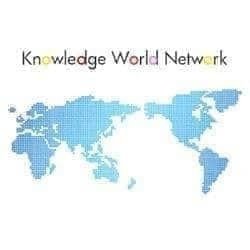South African scientists discovered a new variant of the novel coronavirus and reported it to the World Health Organization on November 24.
South Africa promptly reported the variant (named omicron) rather than hiding it—but instead of being applauded for the move, they ended up getting punished for it.
How? A few days later, travellers from countries in southern Africa, including South Africa, were shut out of Europe.
On the day that Europe prohibited roundtrip flights to Maputo (November 27), Mozambique identified five patients newly infected with COVID-19. None of them were hospitalized, and none of them died.
In contrast to this situation, which was largely identical in other southern African countries, the coronavirus was spreading so quickly in Europe that several countries had instituted lockdowns. About a week later, on the day that my husband (who was doing research in Maputo) was finally able to return to Lisbon, they reported seven people infected with the omicron variant in Mozambique—but Portugal had already reported nearly twenty.
Just because the omicron variant first emerged in South Africa, Europe immediately abandoned the countries of southern Africa.
It’s true that in many countries in Africa, few people have access to proper medical care, and a high percentage of them lose the immunity that is essential to fighting off disease. And while Europe talks about booster shots and fourth doses of the vaccine, most Africans don’t even have access to a first shot. When a highly transmissible variant—even compared to those earlier in the pandemic—emerges, it is likely to spread like wildfire.
If people cut off African countries because of that risk, it will inevitably stall the continent’s social and economic progress, exacerbate poverty, and dig them deeper into the hole. But isn’t it the rich countries that put Africa in this position in the first place through discriminatory practices? The wealthy nations put themselves first in the distribution of vaccines, despite the fact that they forcibly sell them to African nations at high prices and collect the profits.
Europe appears to have lost sight of basic scientific principles. They simply threw up a wall with no justification in terms of the geographic source or danger of the omicron variant. This wasn’t because of science, it was to protect themselves from an imaginary threat.
Put simply, science suffered at the hands of politics again. Inadequate medical care for those in poverty combined with inequitable vaccine distribution resulted in a variant suddenly causing a global threat—a situation ultimately caused by selfishness on the part of rich, developed nations.
- 2022.01.07
- Science on the chopping block




















































